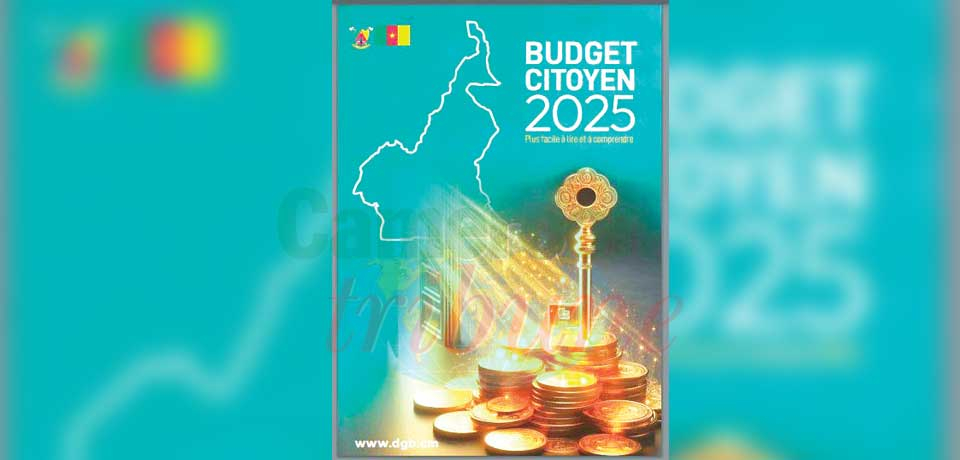Global Warming: Nations Agree To Cut Emission From Refrigerators
The 28th Meeting of Parties to the Montreal Protocol ended in Kigali, Rwanda on October 15, 2016.
Environment ministers and experts parted company in Kigali, Rwanda on October 15, 2016 after participating in the 28th Meeting of the Parties, MOP 28, to the Montreal Protocol on Substances that Deplete the Ozone Layer. Prominent in resolutions was the decision by the over 17 nations to cut a heat-trapping chemical used in air conditioning units and refrigerators. The goal is to reduce greenhouse gas emissions and potentially reduce global warming by one half-degree Celsius, by the end of this century. Experts agreed that the agreement, announced Saturday (October 15, 2016) after all-night negotiations “gets us 90 per cent there.” The Institute for Governance and Sustainable Development says this is the “largest temperature reduction ever achieved by a single agreement.”
Cameroon’s Minister of Environment, Protection of Nature and Sustainable Development, Hele Pierre, was government’s flag bearer to the Kigali confab. The agreement reduces the use of hydrofluorocarbons through a gradual process, beginning in 2019 with action by developed countries, including the United States, the world's second worst polluter. More than 100 developing countries, including China, the world's top carbon emitter, will start taking action in 2024.
Experts say ozone-depleting substances generally contain chorine, fluorine, bromine, carbon and hyd...
Cet article complet est réservé aux abonnés
Déjà abonné ? Identifiez-vous >
Accédez en illimité à Cameroon Tribune Digital à partir de 26250 FCFA
Je M'abonne1 minute suffit pour vous abonner à Cameroon Tribune Digital !
- Votre numéro spécial cameroon-tribune en version numérique
- Des encarts
- Des appels d'offres exclusives
- D'avant-première (accès 24h avant la publication)
- Des éditions consultables sur tous supports (smartphone, tablettes, PC)














Commentaires